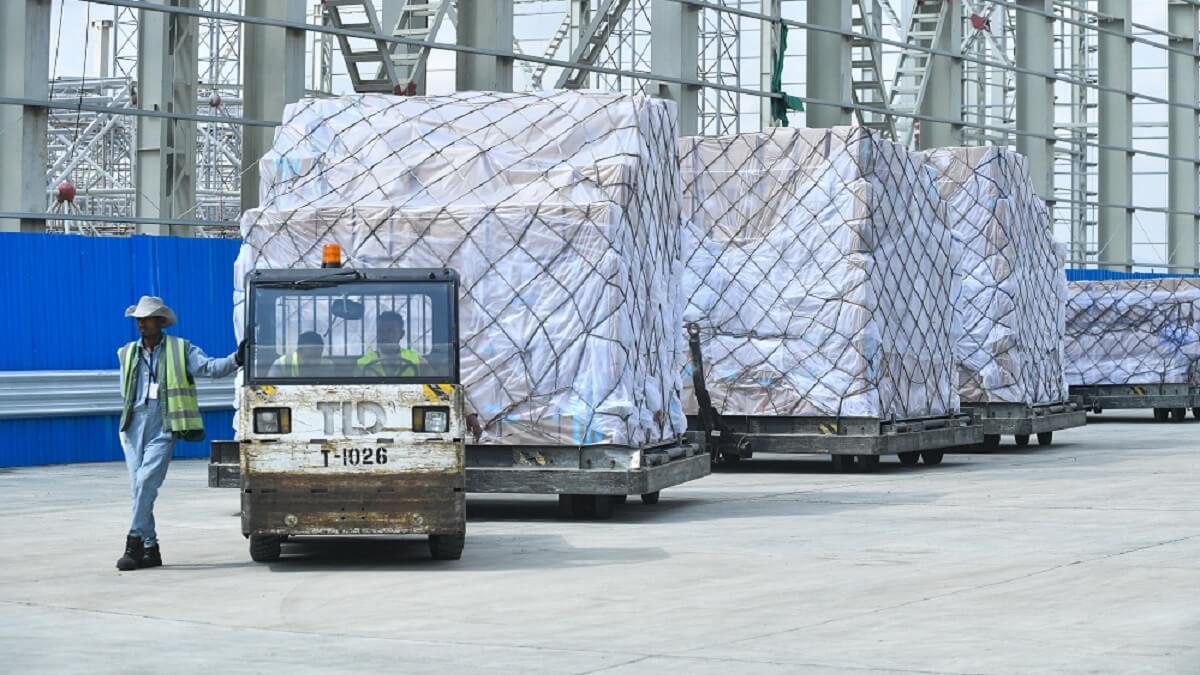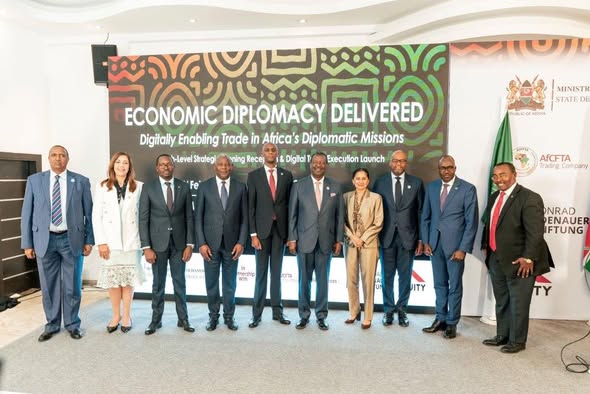DT Global Europe concludes transport and logistics support project in Ethiopia

(ATALAYAR) Funded by the European Union, the project contributes to improving the quality of regional transport, the logistics sector and climate-related social outcomes in Ethiopia
DT Global Europe has successfully completed a transport and logistics support project in Ethiopia funded by the European Union and widely recognised by both the EU Delegation in Ethiopia and the main local beneficiary institutions. This project has been a major milestone in the country’s logistics reform through its contribution to improving the service of regional transport corridors, increasing the efficiency and effectiveness of the logistics sector, as well as improving environmental/climate and social performance.
The implementation of the project, entitled ‘Technical Assistance to the Ethiopian Transport and Logistics Sectors’ and funded by the European Union, will enable the Government of Ethiopia to improve the regional integration and competitiveness of the country in a sustainable manner and to meet the performance indicators of the performance contract on Ethiopia’s regional connectivity and competitiveness sector reform.
Technical Assistance has focused on the following two areas:
– Preparatory work for the establishment of the Ethiopia-Djibouti Corridor Management Institution: this work included the creation of the technical and organisational framework for both the establishment of the Corridor Management Institution, its governance structure and work plan, and proposed a way forward with the objective of supporting collaboration between the two countries.
– Development of an Ethiopia Logistics Master Plan Diagnostic: based on extensive data collection (with the support of Addis Ababa University) and analysis, the project developed a Logistics Scorecard, which includes a wide range of information intended to support decision-making processes for future strategies. These include mapping location and information on warehouses, dry ports, industrial zones, border crossings and mining operations; road transport cost calculator; rail freight data; value of imports and exports, etc. In addition, the Technical Assistance prepared a Logistics Master Plan Diagnostic report, which provides a comprehensive analysis of the sector and proposes areas for future action, as well as providing support to prepare for the future implementation of the Master Plan.
The DT Global team has worked in partnership with local authorities and technical staff on this 1.8 million Euro project funded by the European Union. Mark Pearson, team leader, recently stated that ‘the project has achieved, among other results, a comprehensive diagnosis of the Ethiopian Logistics Master Plan and an online dashboard to accompany the diagnosis. None of this would have been possible without the dedication and professionalism of the Ethiopian team of project consultants, the continuous and consistent high quality inputs from the Ethiopian Maritime Authority’s Logistics Transformation Office and the interest, involvement, cooperation and support of the Ethiopian logistics community, including the Ethiopian Logistics Sector Association (ELSA), private sector actors, other ministries and agencies and Addis Ababa University’.
According to Abiy Tesfaye, Task Manager of the EUD Delegation in Ethiopia, ‘the implementation of the EU-funded project “Technical Assistance to the Ethiopian Transport and Logistics Sectors” has been an important milestone in supporting Ethiopia’s National Logistics Strategy. The results achieved are fully acknowledged by the various stakeholders in the sector. The European Union acknowledges the professionalism and dedication of the DT Global team in ensuring the successful completion of the project and will follow up on the ownership and implementation of the main project results by the authorities involved’.
According to Temesgen Yihunie, Head of the Logistics Transformation Office, ‘The Logistics Master Plan project is a very important milestone of logistics reform in Ethiopia. To address the deconsolidation and distribution of imports, the collection and deconsolidation of exports, and the movement of domestic trade, a comprehensive master plan is needed. This plan must implement policies, legal frameworks, the necessary skills and logistics infrastructure such as roads, roadside facilities, warehouses, cold chain facilities, dry ports, free zones, fuel depots and operational management tools’.





